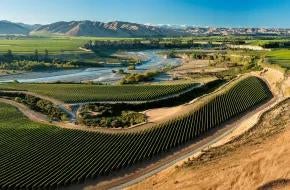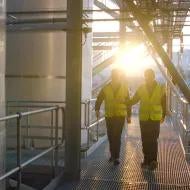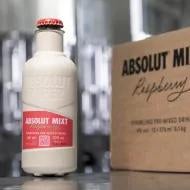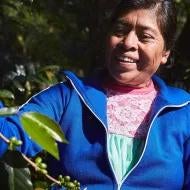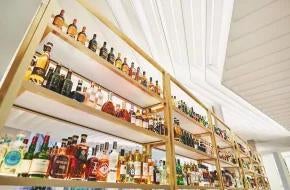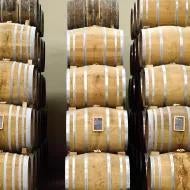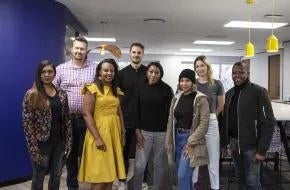The unique and intense flavour of Kahlúa coffee liqueur comes from the finest Arabica coffee beans grown at high altitude by the indigenous coffee communities in Veracruz, Mexico. But the booming global coffee trend has put pressure on their fragile eco-systems as Billy King, Director Sustainable Development, Kahlúa, reflects,
“We recognised that the way we consume, do business and ultimately live had to change…That’s why we have built this programme from scratch, in collaboration with the local NGO Fondo Para La Paz and the indigenous coffee communities in Veracruz."
Coffee liqueur brand, Kahlúa has committed to source 100% of its coffee from sustainable communities by 2022, in a bid to improve environmental and social impact across its supply chains.
Kahlúa has worked with the local NGO Fondo para la Paz to apply a ‘participatory planning process’ that empowers the indigenous communities to collectively choose their goals and work together to reach them. Everyone within the community is encouraged to learn how to focus on problem solving and find solutions through community collaboration. Since 2016, this programme has expanded from 99 families in the coffee growing community of Ocotempa, to 473 families across four communities across the Veracruz region in Mexico.
Fragile eco-systems and communities
Increasing demand for coffee coupled with rising temperatures, drought and flooding all threaten to shrink the world’s coffee growing regions so the programme looks at protecting both the land and the people who make their living from it.
Kahlúa’s programme helps to improve the lives of the coffee farmers not just by paying a premium price for their sustainable coffee, but by also helping them to increase efficiency, sustainability and crop yields.
Some of the key issues that farmers face are being addressed through education and training. For example, local agroecological experts are teaching sustainable agriculture techniques, practices and methods. The results are better forest management, improved soil fertility and protecting the biodiversity required for healthy crops to thrive. Training is also offered in coffee management, crop diversification, soil preservation and how to manage coffee plant nurseries.
Building a better life
Ensuring that the basic needs of coffee growing communities are tended to has been paramount. Access to clean water has been improved by building water tanks to collect and store clean rainwater near homes. While installing dry toilets has improved health and sanitation.
Beyond the direct benefits to the coffee crop the “Coffee for Good” project encourages social cohesion, gender equality and education across the community. The intention is that by 2022 the programme will provide the farming communities with everything they need to continue building a sustainable and profitable coffee growing business for future generations.
Tags
On the same topic
-
Sainte Marguerite en Provence signs an agreement to acquire Terres de Ravel, doubling its winegrowing capacity
Read moreSainte Marguerite en Provence, a Cru Classé from Côtes-de-Provence, announces its plans to acquire the Aux Terres de Ravel estate and its 280 hectares of vineyards.
-
Pernod Ricard to promote regenerative farming and responsible drinking at the 2024 Paris International Agricultural Show
Read morePernod Ricard will be present at the 2024 Paris International Agricultural Show (Salon International de l’Agriculture), where it will host two round table events on promoting biodiversity and the transition towards regenerative farming, alongside its partners and other committed stakeholders.
-

Irish Distillers: Securing quality ingredients and enhancing biodiversity
Read moreOur business is inextricably linked to the health of the ecosystems that make up our terroirs. Any degradation of these has a direct impact on the natural ingredients we depend on for our iconic brands.












